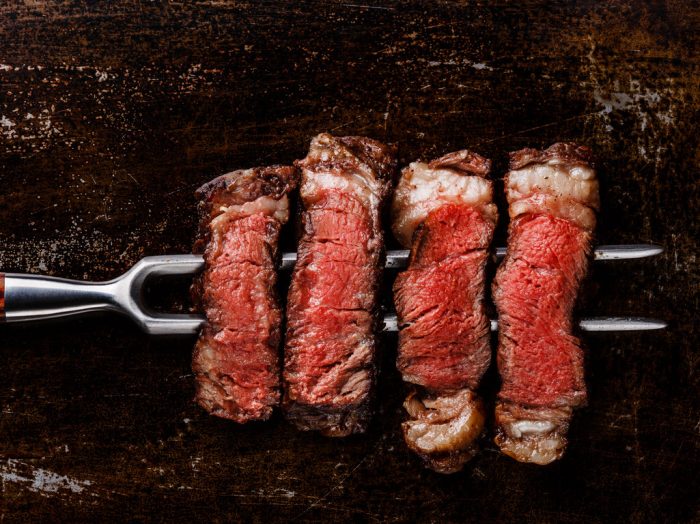The scientific community has been researching the influence of your gut’s health to your overall health. And the studies are quite intriguing. Two new ones link gut bacteria and your moods, not to mention your mental health state.
This is great news for me and a lot of my close friends, who have been having troubles with their mental health lately. Researchers have found that people who are suffering from depression are lacking in several species of gut bacteria. They don’t know yet if depression leads to the disappearance of those types of bacteria or if their absence leads to depression. But the discovered connection between the two might end up being quite the relief for people in need.
Sciencemag quotes John Cryan, a neuroscientist at University College Cork in Ireland who has been one of the most vocal proponents of the connection between the brain and the gut microbiome. Cryan thinks that these studies are the first real evidence of that connection.
Several studies in mice had indicated that gut bacteria can affect behavior and moods. But Jeroen Raes, a microbiologist at the Catholic University of Leuven in Belgium, and his colleagues studied the gut bacteria of a 1,054 Belgians, trying to also assess what a normal microbiome looks like. Out of these, 173 had been diagnosed with depression or mood disorders.

Will gut bacteria cure depression?
The team took into account the lifestyle preferences of the people, including age, sex, or antidepressant use, all factors which can influence gut health and gut bacteria. Their findings were published recently in “Nature Microbiology”. They also found that depressed people had an increase in some bacteria implicated in Crohn disease, which lead to plenty of inflammation.
The research team also looked into samples taken from a similar number of Dutch people, and the same two species of bacteria were missing.
After these result, the race is on to use them in a practical way of helping depressed people improve their mental health. Companies are looking into oral supplements that contain the two missing species of gut bacteria. And, at the same time, the University of Basel in Switzerland is looking into transplants that alter or replace the gut microbiome.






